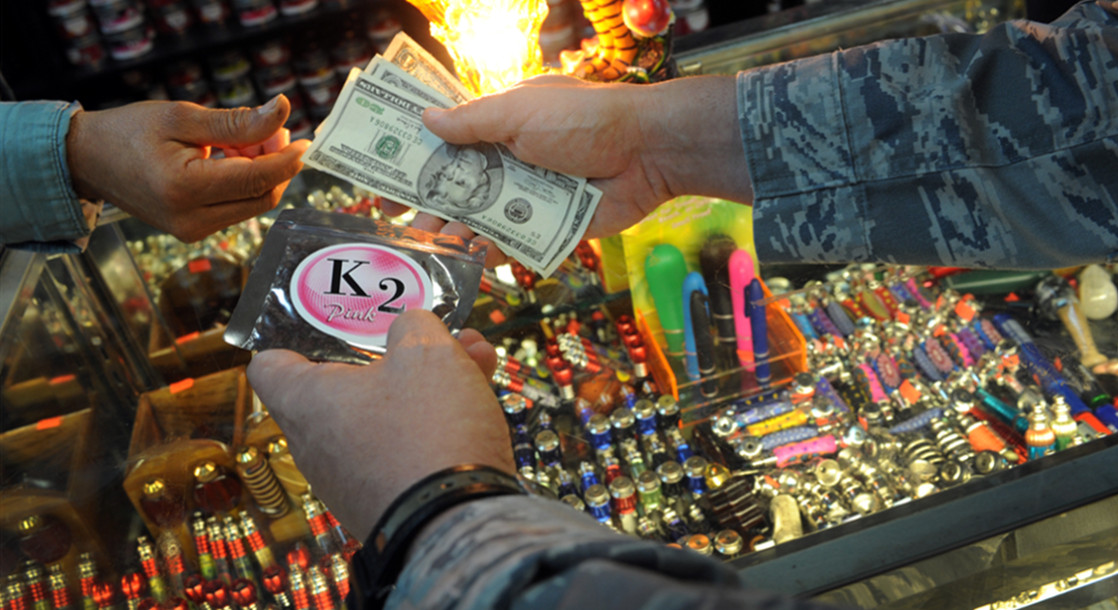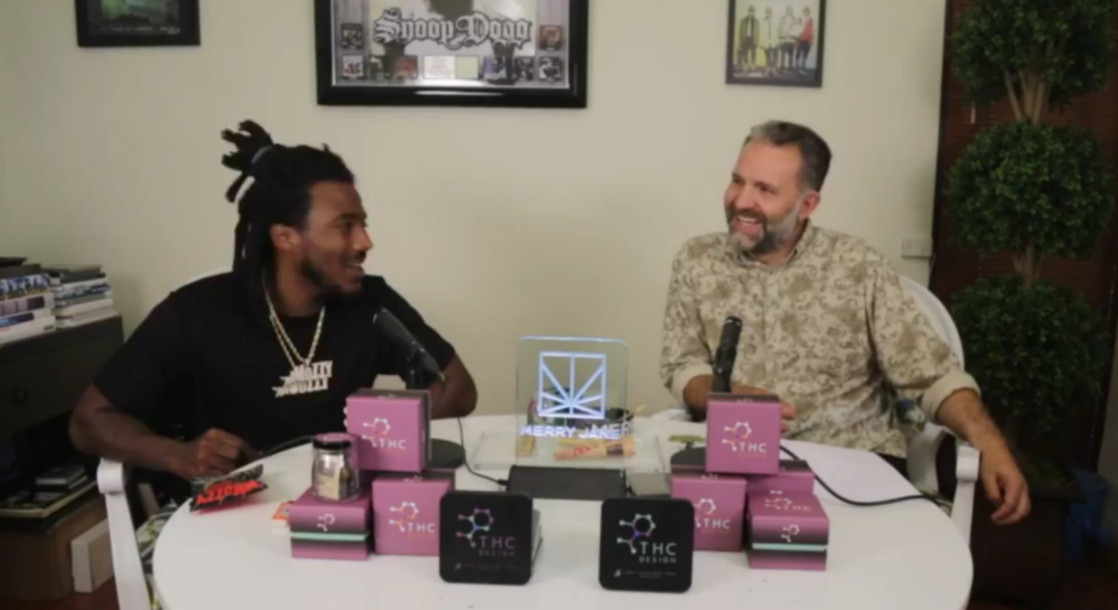Photo via U.S. Air Force
Within the past week, around 100 residents of Washington D.C. have been rushed to the hospital after overdosing on synthetic cannabinoids. Although these drugs, which are often referred to as “spice” or “K2,” look like natural marijuana and can be consumed in the same manner, they are actually man-made drugs created by spraying lab-created chemicals onto dried plant material. Unlike real cannabis, these substances are highly dangerous, and can cause vomiting, agitation, hallucinations, heart attacks, and seizures.
Emergency responders have brought nearly 100 individuals suffering from symptoms like these into D.C.-area hospitals over the past week, four of whom were found unconscious on a street corner just blocks from police headquarters on Wednesday. D.C. Fire Chief Gregory Dean said that the city was investigating four deaths that they believed were connected with these drugs, adding that city police as well as health and human services officials were working to prevent further overdoses. “This is a community problem,” Dean told the Washington Post. “We are putting resources at it and we need the community’s help to tell us what they see.”
Recreational cannabis use is legal in D.C., but an annual federal budget rider has blocked the city from enacting its own regulated adult-use retail market for marijuana. D.C. Rep. Eleanor Holmes Norton tried to overturn this measure this year, but her valiant attempt was blocked by Rep. Pete Sessions, the Texas Republican responsible for preventing at least 34 cannabis-related measures from being debated in the House over the past two years. Blocked from buying weed legally, some residents of the city purchase pot from grey-market gifting services, while others are turning to cheap, commercially sold synthetic cannabinoids like the ones responsible for these overdoses.
The recent outbreak of synthetic cannabinoid overdoses is not confined to the nation's capital, however. On Thursday, the Food and Drug Administration (FDA) released a statement noting that they have “become aware of reports of severe illnesses and deaths resulting from the use of synthetic cannabinoid (marijuana) products that have been contaminated with brodifacoum, a very long-acting anticoagulant commonly used in rat poison.” Over the past several months, hospitals in 10 states have reported hundreds of individuals suffering from severe bleeding and seizures after consuming these contaminated drugs.
The FDA reports that the manufacturers of these drugs intentionally added brodifacoum “because it is thought to extend the duration of the drug euphoria or 'high.'” This chemical can cause side effects ranging from easy bruising and oozing gums to severe, uncontrollable bleeding. The agency has also alerted “health care providers, particularly those delivering care in emergency settings, to be aware of these risks and consider the possibility of synthetic cannabinoid exposure when individuals present with unexplained bleeding.”
In addition to posing a danger to users of these drugs, the use of this anticoagulant also poses a risk to public health in general. Brodifacoum can remain active in a donated blood sample for weeks, creating a potential situation where individuals receiving blood transfusions could find themselves poisoned by this chemical. “Use of these illegal products pose significant public health concerns for both individuals who may use the contaminated products and the U.S. blood supply, as there is the potential for contamination of blood products donated by those individuals who have used these substances,” the FDA warned.
This April, Chicago police arrested three men for selling synthetic cannabis that they believed responsible for two recent deaths and dozens of hospitalizations. Police seized nearly 5,000 grams of spice in the bust, which tested positive for brodifacoum. The FDA says that they will “continue to monitor this issue and take additional steps as appropriate along with our federal partners at the CDC and DEA, state and local health departments, and blood establishments.”











